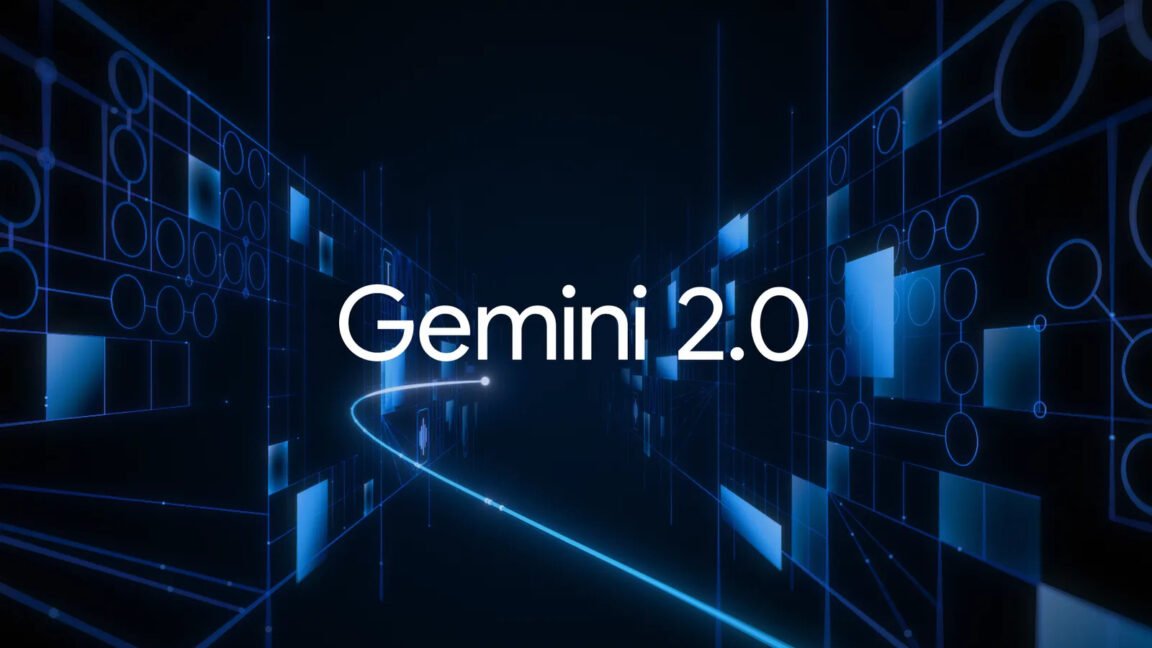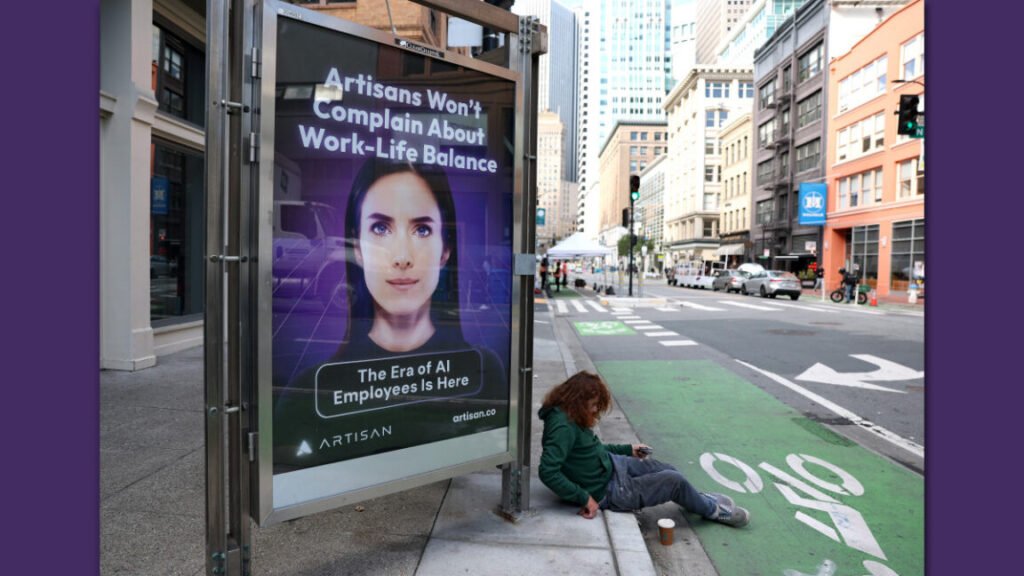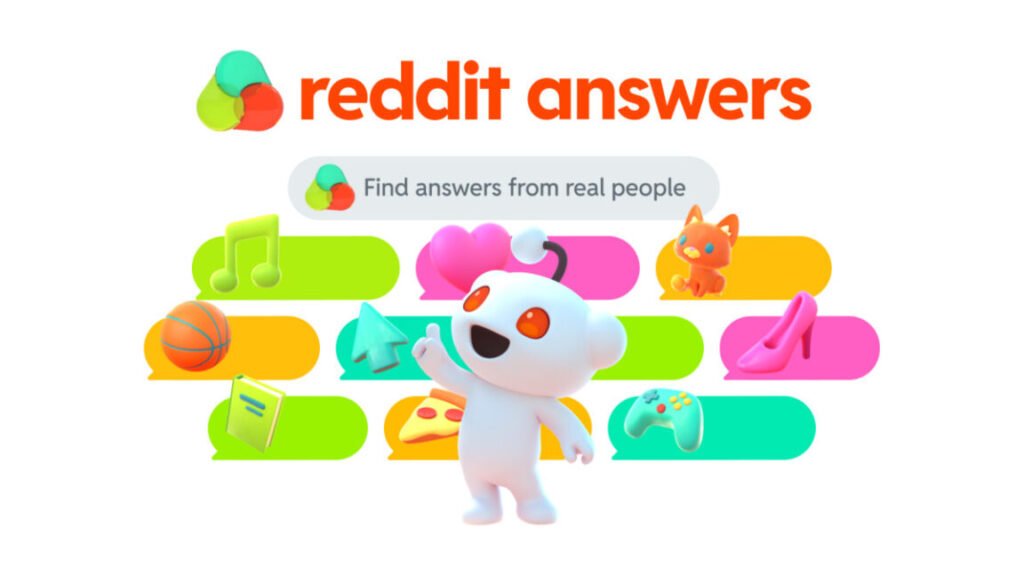The answer to the question is a clear yes: people will in fact change their behavior when they think they’re training an AI. Through a number of experiments, participants were more likely to reject unfair offers if they were told that their sessions would be used to train an AI. In a few of the experiments, they were also more likely to reject what were considered fair offers (in US populations, the rejection rate goes up dramatically once someone proposes a 70/30 split, meaning $7 goes to the person making the proposal in these experiments). The researchers suspect this is due to people being more likely to reject borderline “fair” offers such as a 60/40 split.
This happened even though rejecting any offer exacts an economic cost on the participants. And people persisted in this behavior even when they were told that they wouldn’t ever interact with the AI after training was complete, meaning they wouldn’t personally benefit from any changes in the AI’s behavior. So here, it appeared that people would make a financial sacrifice to train the AI in a way that would benefit others.
Strikingly, in two of the three experiments that did follow up testing, participants continued to reject offers at a higher rate two days after their participation in the AI training, even when they were told that their actions were no longer being used to train the AI. So, to some extent, participating in AI training seems to have caused them to train themselves to behave differently.
Obviously, this won’t affect every sort of AI training, and a lot of the work that goes into producing material that’s used in training something like a Large Language Model won’t have been done with any awareness that it might be used to train an AI. Still, there’s plenty of cases where humans do get more directly involved in training, so it’s worthwhile being aware that this is another route that can allow biases to creep in.
PNAS, 2024. DOI: 10.1073/pnas.2408731121 (About DOIs).




